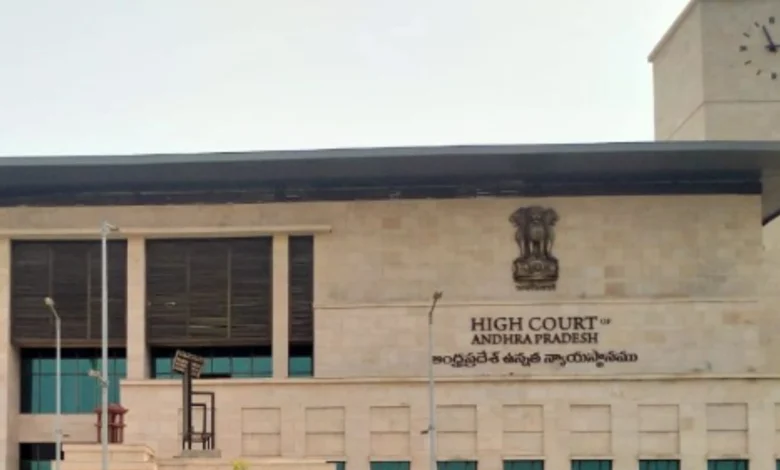Andhra Pradesh High Court Rules Daughter-in-Law Eligible for Compassionate Appointment

In a significant judgment, the Andhra Pradesh High Court has ruled that a daughter-in-law is an integral part of the family and is eligible for compassionate appointment when a government employee passes away. The court emphasized that although government policies traditionally recognize only the son or daughter of the deceased for compassionate job benefits, a daughter-in-law should also be considered, as she is an essential family member after marriage.
What is a Compassionate Appointment?
A compassionate appointment is a special provision that allows a close family member of a deceased government employee to get a government job. This policy helps financially support the family after the employee’s sudden demise. Generally, children and spouses of the deceased are considered for such appointments.
Case Background
In this case, a woman applied for a government job on compassionate grounds after her father-in-law, a government employee, passed away. However, her request was rejected, as she was not directly classified as a legal heir under the existing rules. She challenged the decision in court, arguing that after marriage, a daughter-in-law becomes part of the husband’s family and should be eligible for the same benefits.
Court’s Ruling
The Andhra Pradesh High Court ruled in favor of the daughter-in-law, stating that:
- A daughter-in-law is an essential part of the family and should not be excluded from consideration for compassionate jobs.
- The purpose of compassionate appointments is to support families facing financial hardship after the death of a government employee.
- Government rules must be interpreted in a fair and just manner to ensure families receive the necessary support.
Why This Judgment is Important
This ruling sets a strong legal precedent, reinforcing that:
- Government job benefits should not be limited to only biological children.
- A daughter-in-law contributes to the family and deserves the same financial protection after the death of an earning member.
- Courts are willing to reinterpret traditional definitions of family to ensure justice.
With this decision, the Andhra Pradesh High Court has broadened the scope of compassionate appointments, ensuring that families of deceased employees receive fair treatment under the law.
